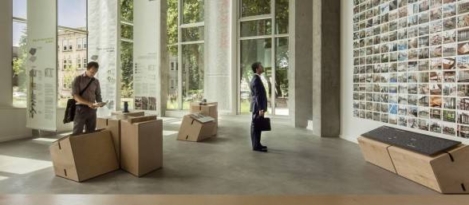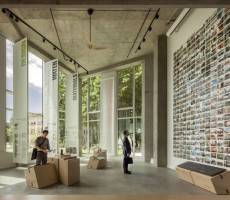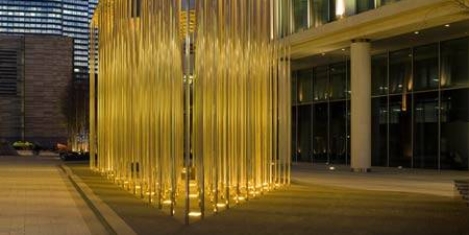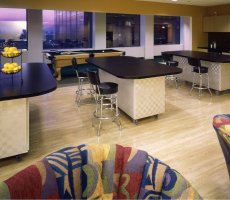April 27, 2015
How remote working employees go rogue in search of productivity 0
 Although many European employees now spend long hours each week working remotely, many of them don’t think their employers provide them with the tools they need to do their jobs properly and so go ‘rogue’ to find the best ways of communicating with each other and using information. That is the key finding of a new study from internal communications specialist Newsweaver which explores the ways remote working employees use mobile devices. It found that while one in five workers across the EU now spend at least ten hours a week working remotely, 41 per cent do not believe that the tools their company provides meet their needs. They therefore choose to use their own apps instead. This fact is well understood by IT teams with three out of four technology managers admitting they are offering staff outdated tools.
Although many European employees now spend long hours each week working remotely, many of them don’t think their employers provide them with the tools they need to do their jobs properly and so go ‘rogue’ to find the best ways of communicating with each other and using information. That is the key finding of a new study from internal communications specialist Newsweaver which explores the ways remote working employees use mobile devices. It found that while one in five workers across the EU now spend at least ten hours a week working remotely, 41 per cent do not believe that the tools their company provides meet their needs. They therefore choose to use their own apps instead. This fact is well understood by IT teams with three out of four technology managers admitting they are offering staff outdated tools.






























April 23, 2015
How local approaches to ergonomics redefine worldwide standards
by Mark Eltringham • Comment, Facilities management, Furniture, Workplace design
(more…)